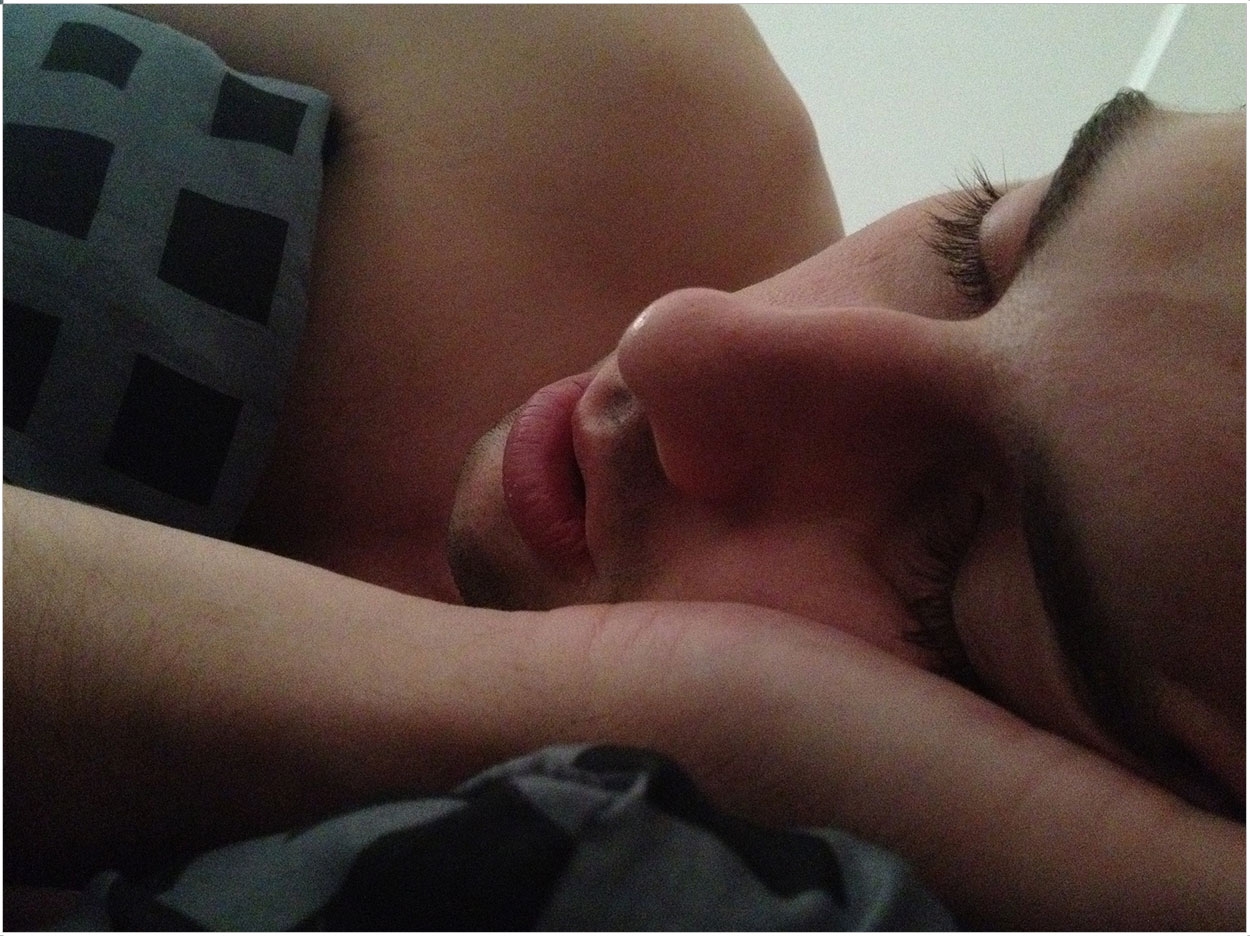
A good night’s sleep is essential to good health. But sleep apnea, which interrupts breathing up to hundreds of times each night, obstructs the benefits that a full night’s rest can provide. Three recent studies have pinpointed some of the specific dangers that sleep apnea presents to cardiovascular health.
One study found an association between untreated obstructed sleep apnea (OSA) and increased risk of a major adverse cardiac and cerebrovascular event (MACCE) such as cardiovascular death, nonfatal myocardial infarction (heart attack), nonfatal stroke, and unplanned revascularization such as heart bypass surgery and angioplasty after undergoing a percutaneous coronary intervention.
“Patients with OSA in this study were found to have 1.57 times the risk of other patients of incurring an MACCE at a median follow-up of 2 years,” said principal investigator Lee Chi-Hang, MBBS, MD, of the National University Heart Centre of Singapore. “This held true after adjusting for other variables including age, sex, ethnicity, body mass index, diabetes, and hypertension.”
The study comprised 1,311 patients who had undergone a percutaneous coronary intervention (PCI), which is a common procedure that widens the arteries. Within 7 days of the PCI, each patient participated in an in-hospital sleep study. According to the researchers, 45.3% of the patients had OSA. Only 1.3% of these patients were on regular continuous positive airway pressure (CPAP) therapy at the end of the study.
“As OSA is highly prevalent and has a prognostic implication in patients with coronary artery disease, we recommend that all patients scheduled for a PCI to be routinely screened for OSA, just as they would be for diabetes mellitus, hypertension, and hyperlipidemia,” said Chi-Hang. “This screening is now more feasible with the advent of reliable portable devices like those used in our study.”
Additionally, researchers from France have found that chronic heart failure (CHF) patients who have predominant central sleep apnea (CSA) are at higher risk for death and unplanned hospitalization than those with CSA and OSA, whether or not they receive adaptive servo-ventilation (ASV) therapy.
“Our results illustrate what is happening in real life for these patients and highlight how CHF patients can exhibit a variety of traits, both in terms of respiratory and cardiovascular disease classification,” said the study’s lead author, Renaud Tamisier, MD, PhD, of Grenoble Aples University, France. “This will be crucial in determining who will benefit most from CSA treatment.”
CSA affects about 10% to 20% of people with sleep apnea. It is far less common than OSA, which CSA patients also may have. However, CSA affects 30% of CHF patients and results in breathing instability during sleep, alternating between hyperventilation and hypoventilation, the former caused by hypersensitivity to carbon dioxide, and the latter causing sleep apnea.
OSA, on the other hand, is caused by partial or complete blockage of the throat. Using an advanced positive airway pressure technology, ASV is more effective in treating CSA than CPAP and improves heart function in CHF patients.
Predominant CSA patients and CSA-OSA patients in the study had similar heart disease severity. Yet patients with predominant CSA in the most severe New York Heart Association class of heart failure had higher all-cause mortality rates and more unplanned hospitalizations, whether or not they had complied with ASV therapy.
“We already know that CHF patients with CSA have a poor prognosis,” said Tamisier. “However, the significance of this remains a question. Is this related to CHF status, or doe CSA have an inherent pathogenesis that worsens the evolution of CHF? We hope to answer these questions.”
Finally, a third study from the Jefferson coalition of health organizations says that treating high-risk hospitalized patients for sleep apnea may decrease the frequency of emergency rescues from hospital personnel, known as rapid response events.
“Our research showed that patients at high risk for sleep apnea experience more rapid response events during their hospital stay,” said Sunil Sharma, MD, associate professor at the Sidney Kimmel Medical College at Thomas Jefferson University and pulmonologist with the Jefferson Sleep Disorders Center.
When the researchers treated these patients with appropriate sleep apnea therapy, Sharma said, the frequency of rapid response events decreased among compliant patients. These events include significant changes in blood pressure, heart rate, respiratory rate, or mental status; seizure; symptoms of a stroke; and chest pain.
The study comprised 2,590 obese patients who completed a validated questionnaire for sleep-disordered breathing. According to the results, 43.06 per 1,000 high-risk patients experienced a rapid response event, compared to 25,91 per 1,000 low-risk patients.
The high-risk patients received a comprehensive sleep evaluation and started positive airway pressure (PAP) treatment if possible. Those who complied with the PAP treatment then saw only 16.99 rapid response events per 1,000 patients, compared to 53.40 per 1,000 who did not comply.
“The study suggests the important role of treating underlying sleep apnea to improve patient safety and quality in the hospital,” said Sharma. “We recommend a multicentric prospective study to confirm these findings and determine the cost benefit of such initiative to improve hospital patient safety.”
Related Articles
Examine Arches to Treat Apnea and Bruxism
Sleep Apnea Affects High-Achieving Students, Too
AADSM Promotes Obstructive Sleep Apnea Awareness












